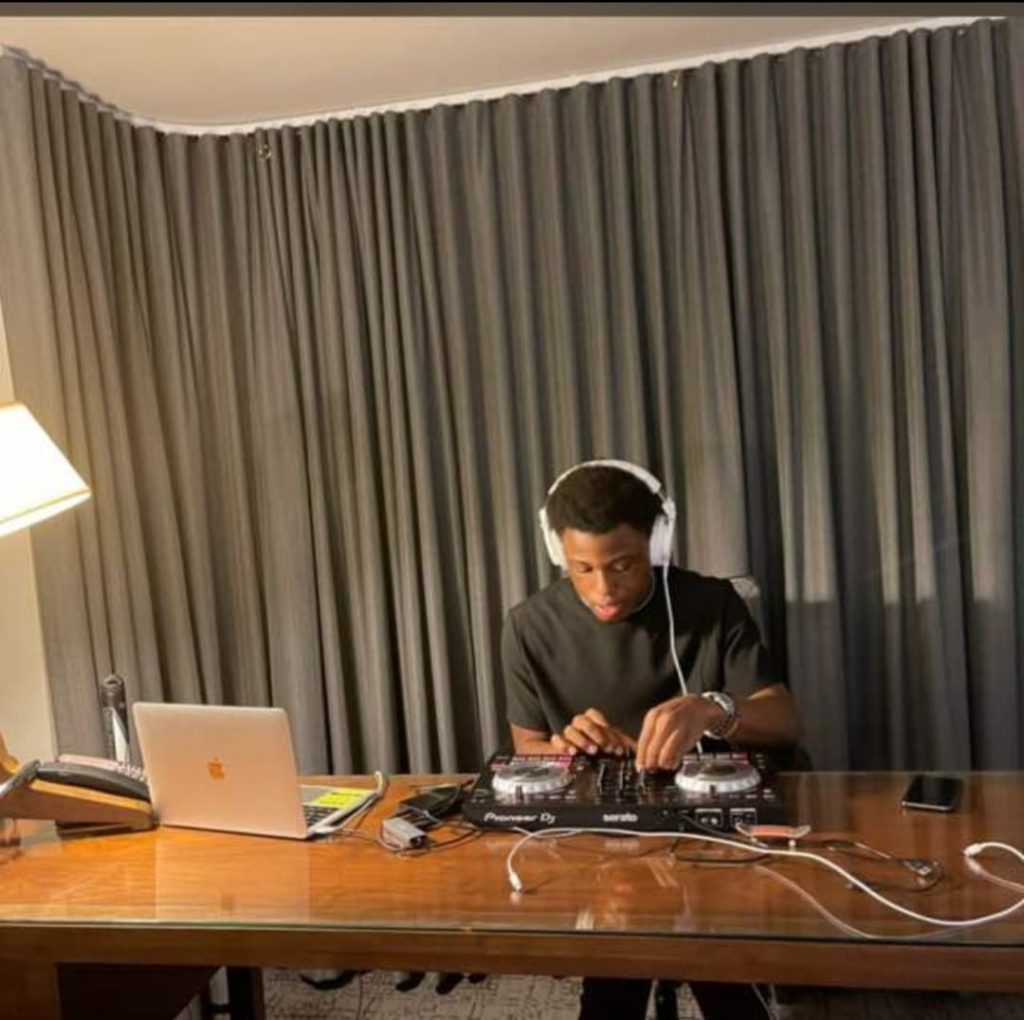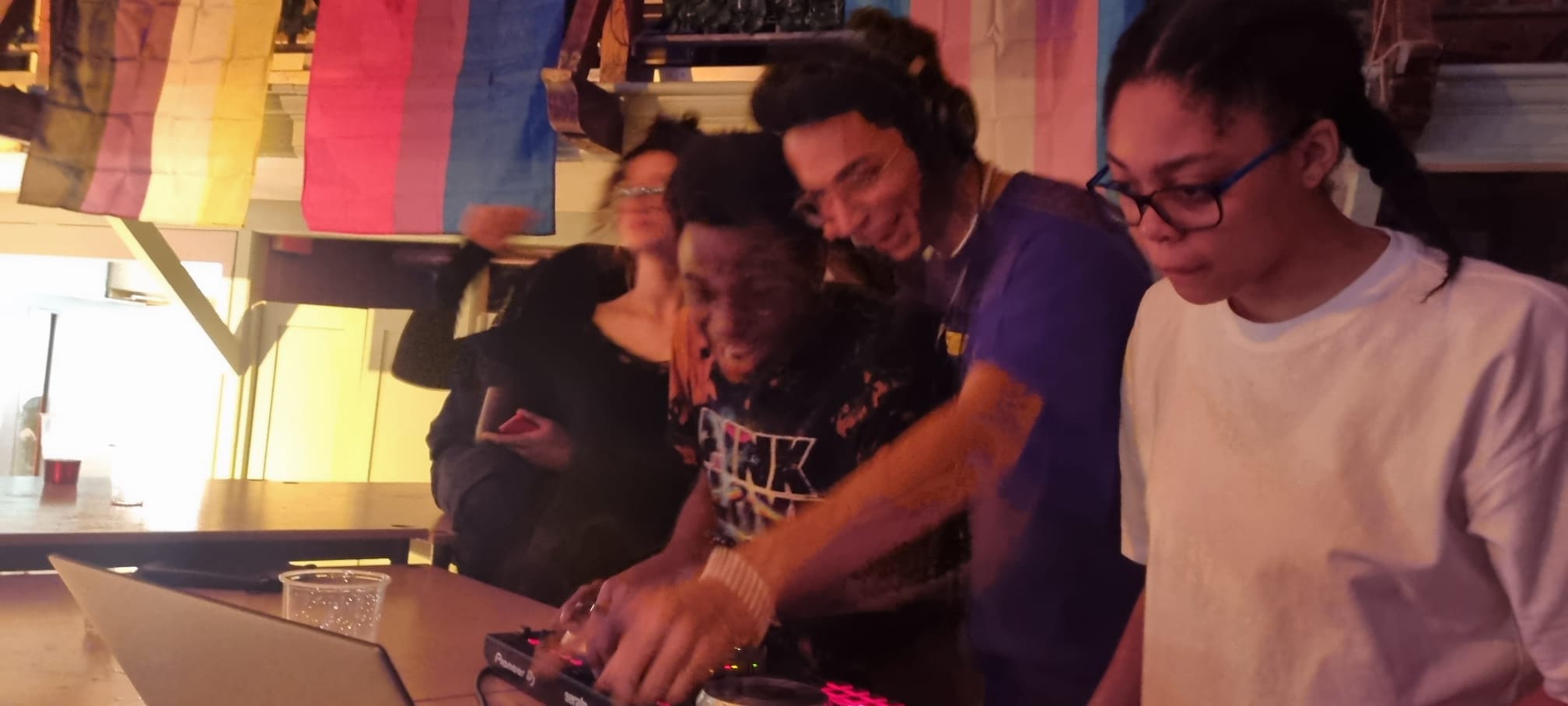During the late 80s and early 90s, new waves of music, tastes and style saw club culture metamorphosise from the Saturday Night Fever-esque lightshow that had existed throughout the 70s and early 80s, into something more recognisable to the current nightclub crowd.
Light up dancefloors were replaced by VIP areas.
A show of good dance moves, replaced by the song and dance of “who can hold the largest bottle of premium alcohol”.
Sticky dank carpets replaced by… well, more sticky dank carpets but you get my point.
Club culture has changed and evolved irrevocably since its birth.
However, one aspect of club life remains consistent throughout, a stalwart in the pursuit of having a good time.
Its role unchanged and their power never diminishing.
The DJ.
A good DJ makes up the entirety of the difference between a good night out and a bad one.
Witch doctors of sound, with the supernatural sense of what their audience wants to hear and when they want to hear it.
It may come as a surprise to you, after learning this information, that even to this day, DJs who come from black backgrounds or suffer from disabilities are being discriminated against from everything to their style of dress, to the type of music they play.
It may come as even further surprise that the discrimination rarely comes from the customers themselves.
In fact, from the DJs that I have spoken to, the problem starts at the top!
More often than not, it’s the managers that take issue with their DJs, the DJs that they themselves hired.
This behaviour is happening in bars and clubs across Kent.
DJs who have played in Canterbury, Maidstone and Medway, all have similar stories of their experiences working across the county.
Black music, black culture in general, is bigger and more popular than it has ever been, but as I have found out, we as a society may not have moved as far forward as I had once thought.
JNino, a relatively new DJ to the scene, spoke to me about how he sees himself being received, both being black and living with a condition that makes it necessary to use a wheelchair to cover longer distances.

“My preferred music to play is like a fusion of soul and afro beats. I like that kind of sound, underground music really.”
“I think that in some of the places I played, the management is completely out of touch with their customers. Multiple times have I been asked to play more like dance/EDM music, music with a predominantly white fan base.”
“But when I do, I’m constantly getting complaints from customers asking me to change it back.”
“Truly, I’d like to think we are making progress as black people in the industry, afro beats are charting now there are more black DJs. But when I think about it more, maybe we are just so used to the discrimination we don’t really see it anymore. But I’d like to think things are changing.”
CJ Morgan, an American DJ who has played a lot in his home country and across the South-East shares his eerily similar experiences.
“For me I always wanted to play in front of big crowds. Ever since I see the YouTube videos of huge festivals, with thousands of people hanging on the DJs every move. I was hooked!”
“I started to learn how to play real vinyl, scratching the decks and all that, now it’s all electronic but I still love my job”.
“I don’t really have a favourite type of music to play, but if I was going to play something all night, it would probably be like hip-hop and rap. They usually go down the best with the crowd.
“Trouble is, it seems managers have a preconceived notion of what should be happening. Their simply so out of touch with their customers that I’ll be sent up with orders from management, only to receive complaints after my set. Its almost like they are oblivious to what the crowd really wants.”
“Usually, the crowd are there to see you and hear your music. But when you’re going up with orders from management its like your being pulled from both ways.”
“Do you go with the manager and get the pay check, or go with the crowd and risk not being hired again. It’s a choice we really shouldn’t be having to make”.
“It was basically black people who created the DJ role, it was brewed in that culture across the East coast in the 80s and 90s. They created the jump cuts, the skipping the scratching, all of that, basically bringing rap music to life and to the forefront of American culture”
“Then to be treated like we are when we play? There is obviously so much more that needs to be done.”
I simply did not think that I lived in a county, in which it does not matter how talented you are, or how high esteem others hold you in.
That, to this day, black culture and black music is still being repressed.
Maybe not as outwardly as it once was, but these stories still exist; these scenarios are still happening.
Even when it’s people with such ability and skill, and especially when it stands at odds with what the audience want.
It does not matter what field or profession it may occur. Black culture is not a taboo subject, it’s not something to be pulled out on special occasions.
Black culture, in the UK, is a part of British culture.for it to be defined separately, to be censored, to be repressed, is to belittle their impact they have had on this country.
Tune into Kent Connect Radio at 16:00 this afternoon.
By Alexander Gibbons

